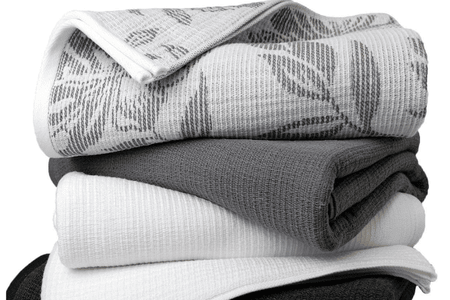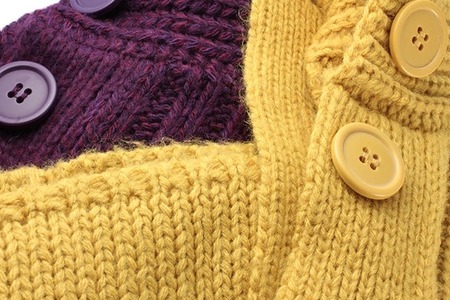
BMW unveils sustainable M Visionary Materials Seat
YarnsandFibers News Bureau 2024-08-08 16:06:19 – GermanyBMW has introduced the M Visionary Materials Seat, a design research project focused on creating a lightweight and sustainable car seat that embodies principles of circularity. The seat is constructed from a variety of natural and renewable materials, including natural fibers, fiber composites, leather alternatives, and algae-based polymers, reflecting BMW's commitment to sustainability.
The seat's minimalist support structures are crafted from a fiber composite that is robotically wound, resulting in a distinctive, cage-like design. BMW also incorporated a "groundbreaking" additive manufacturing method, which they describe as a new technology that eliminates the need for support structures, chemical post-treatment, and finishing processes.
"The BMW M Visionary Materials Seat focuses on circular design principles and sustainable materials," BMW explains. The seat is designed using a monomaterial approach, with components made from recycled polyester textile, flaxfiber BioComposite, and biogene leather alternatives. The design also substitutes petrol-based raw materials with bio-based alternatives derived from algae and plant-based fillers such as chalk and cork.
According to BMW, the innovative seat design reduces CO2 emissions by 90% compared to their existing M carbon bucket seat. Additionally, the seat's simplified modular design and the grouping of materials by type facilitate easier recycling at the end of its lifecycle.
"We are showing today what will be possible tomorrow with existing technologies and materials in order to take our efforts to reduce emissions and conserve resources to the next level," said Falco Hollmann, BMW's Innovation Manager of Lightweight Design & Sustainability. "This is about more than just substituting materials; it is above all about designing for circularity."
Market Intelligence
Ask for free sample Report

experience
Customer Base
dedicated team
Countries Served Worldwide









